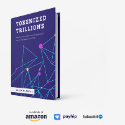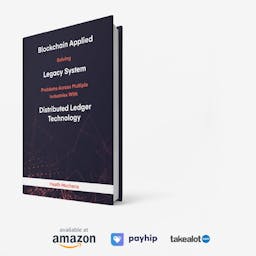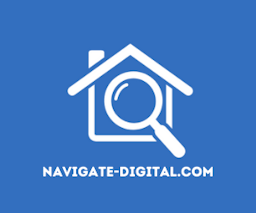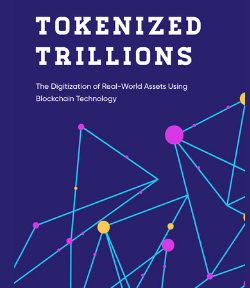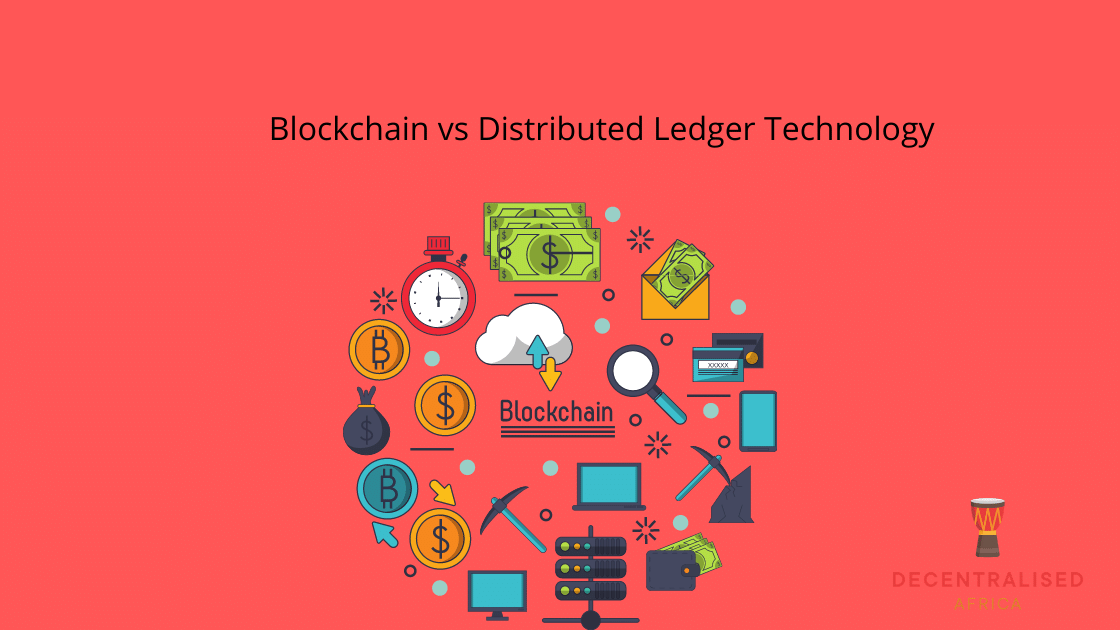
Blockchain vs Distributed Ledger Technology
Difference between Blockchain and Distributed Ledger Technology explained.
Blockchain and Distributed Ledger Technology (DLT) are two words that have become synonymous with cryptocurrencies or digital assets such as Bitcoin.
Blockchain Defined
The popularity of the blockchain has overshadowed DLT, following the advent and huge success of cryptocurrencies like Bitcoin. While the blockchain happens to be the backbone of this asset class, its usefulness transcends finance and will find application in other sectors like agriculture, health and so many more.
To put it simply, the blockchain is an unalterable sequence of records that are managed by a vast network of computers. In a matter of seconds, these computers verify transactions in a blockchain. The number of participating computers vary – they can be in their hundreds, thousands, or millions.
Blockchain technology is popular for its ability to eliminate trusted third parties or middlemen. This has resulted in products and services being rendered directly to end-users, which would have typically been facilitated by third parties. Blockchain has laid a strong foundation for many contracts and smart protocols and its potential use cases are endless.
How Does A Blockchain Work?
The blockchain, designed as a series of changeless transactions, is secured by the cryptography that connects its blocks.
A blockchain system comprises two types of records. First is the Transaction and the second is the Block. The transaction is responsible for the storage of time-stamped transactions. The Block, on the other hand, is kept secure by a cryptography hash, which contains encoded messages on the previous block.
Every block in a blockchain bears a time-stamp. This serves as evidence of the current state of the system cryptographically, such that any future changes must first undergo verification by the majority of the network.
What Is Distributed Ledger Technology (DLT)?
Blockchain is a specific type of distributed ledger. DLT is a database that is open to everyone. DLT is simply a decentralized database that is managed by various participants. It has no privacy, therefore, any member of the public can easily access its contents. The distributed ledger does not need a middleman, a feature it shares with the blockchain. There is no central authority that acts as arbitrator or monitor. Since it is a distributed log of records, there is far better transparency which makes racketeering, collusion, fraud and manipulation extremely difficult. Due to the nature of the system, it is more complicated to hack.
Difference between Blockchain and Distributed Ledger
As earlier established, the blockchain is just a form of DLT. Despite having more than one thing in common, one can still spot the differences between the two.
The blockchain is a system that operates with zero permission. But that is not entirely the case with DLT. Notably, a DLT does require some levels of permissions.
Aside from this, not every DLT is cryptographically hashed – for the majority of existing DLTs, it is uncommon and considered unnecessary. These small differences lead to more pronounced ones that eventually influence the overall performance of the blockchain and DLT.
Conclusion
The blockchain and DLT share similarities in several ways but maintain slight differences. For instance, the blockchain is a decentralized entity, while the database of DLT is mainly centralized, even though it is shared by many participants. Certainly, this raises concerns about scalability. The decentralized network of the blockchain has made its transactions slower compared to most DLTs, thereby producing poor quality scalability.
All in all, the blockchain is now part of the world’s system and it’s going nowhere. Proof of this is its ever-increasing use cases. Soon, the world should expect additional forms and applications of distributed ledger technologies.

